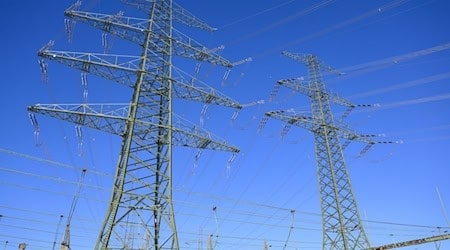The economy in northern Germany is currently performing significantly better than in the south, east and west. In the fourth quarter, gross domestic product in Lower Saxony increased by 1.4 percent, as calculated by the Munich-based Ifo Institute. In Mecklenburg-Western Pomerania it was 1.1 percent, in Schleswig-Holstein 1.0 percent, while Germany as a whole suffered a decline of 0.2 percent.
Hesse was also able to buck the downward trend with growth of 0.8 percent. Hamburg stagnated in the fourth quarter with a black zero, but is ahead for the year as a whole. For the remaining federal states, Ifo's seasonally adjusted calculation shows falling figures.
Arms industry plays an important role
"Industry in the north is decoupling from the overall German trend, with the upturn in the arms industry playing a key role here," says Ifo economic expert Robert Lehmann. "In Hesse, things are going particularly well for financial and business service providers."
Saxony and Saxony-Anhalt fared particularly badly in the fourth quarter, with a decline of 1.8 percent and 1.4 percent respectively. Bremen was the only northern federal state in the red with a decline of 0.7 percent. Brandenburg lost 0.6 percent and Thuringia 0.5 percent.
Weak growth continues in Bavaria
According to Ifo, gross domestic product in Bavaria, Berlin and Saarland fell by 0.3 percent compared to the previous quarter. This continued the weakness of the Bavarian economy in the first two quarters, the economic researchers explained. For the year as a whole, Bavaria even recorded a decline of 1.0 percent. In Baden-Württemberg, gross domestic product fell by 0.4 percent in the fourth quarter compared to the previous quarter, and in North Rhine-Westphalia by 0.6 percent. "As in Rhineland-Palatinate, this reflects the relatively higher proportion of energy-intensive industries," says Lehmann. Rhineland-Palatinate recorded a drop of 0.4 percent.
Copyright 2025, dpa (www.dpa.de). All rights reserved










